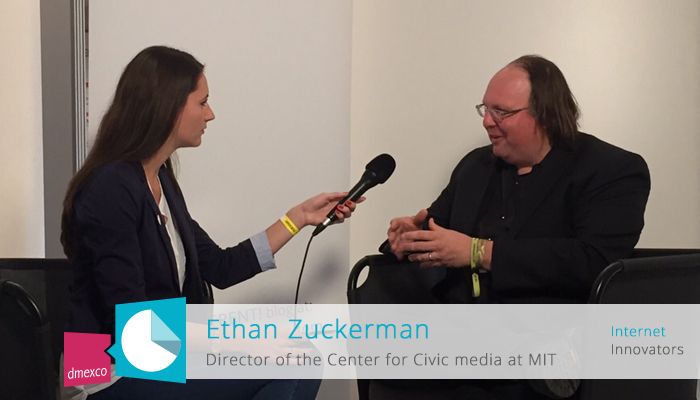We all seem to effortlessly communicate across gulfs and thus engage with global issues, from politics, to war, to climate change. We imagine ourselves living lives that are not limited by boundaries and cultures. We are digital cosmopolitans or “citizens of the universe” – always on, always connected. It is more than likely that we all love to think about ourselves in this way. Whereas Ethan Zuckerman, the director of Civic Media MIT, argues that we actually stuck in a state of “imaginary cosmopolitanism”.
Our society has the access to thousands of information every day. That is a pertinent fact. But it is not only about this access approach anymore, but rather the issue of handling this flood of information and keep paying attention. As a consequence we tend to read about the things we are already interested in or feel close to. In some cases we realize that we even do not exactly know what kind of information we need.
So the internet is not only the enabler in this process which supports us finding suitable content; it also provides a platform to everybody who wants to create even more content. That is why we see everybody blogging, tweeting and facebooking. The number of people who are adopting such an active role is sharply increasing. So if you do not know which information you are looking for, you will receive recommendations and answers in your social network. Zuckerman also points out the danger of that development: Our friends are mostly tending to be like us. We are more likely searching for people from our tribe. If we would always try to first figure out which information those people and friends are providing that we probably do not know yet, we will automatically fall into an echo chamber.
While using all those digital tools to gain information in the internet, we permanently overlook that we minimize the harm of being connected in exchange of privacy. We have grown into a digital lifestyle which is best summed up as the triumph of the digital cosmopolitans. Zuckerman is deeply convinced that in an age of digital connection we need to start watching our responsibility for shaping all those digital tools we have invented and use to encounter the world.
New technologies may have increased the number of people who are able to create content now but Zuckerman does not believe that those are leading or even changing the diversity of our media environment in a positive way. Within his recent researches he is working on new solutions of how to manage the information explosion and asking the question: how do we decide in the future about which information we should be paying attention to online?
In our interview with him we gathered first insights to find first answers to this question.
Sources
https://www.wbur.org/2013/07/17/zuckerman-rewire-interview
https://henryjenkins.org/2014/02/digital-cosmopolitans-an-interview-with-ethan-zuckerman-part-two.html
https://www.wiwo.de/technologie/digitale-welt/re-publica-2015-netzaktivisten-zwischen-utopie-und-digitalem-alltag/11732532.html

